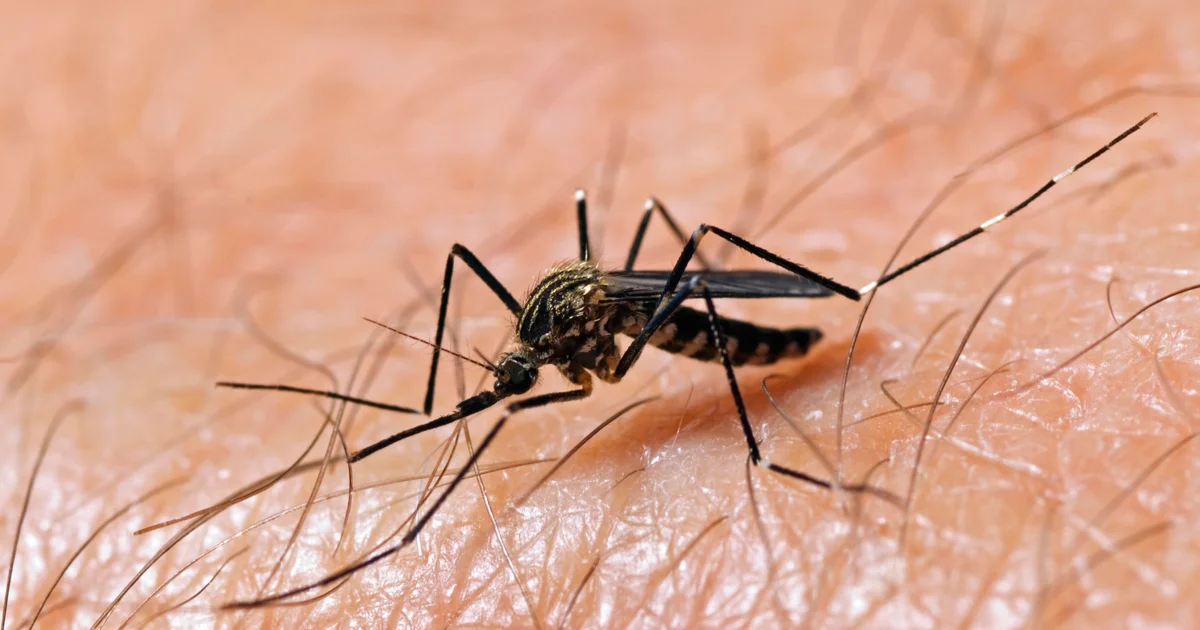By News18,Pathikrit Sen Gupta
Copyright news18

In a major move that could reshape the classification and treatment of a global health crisis, a consortium of international experts has formally proposed recognising “type 5” diabetes as a distinct form of the disease. According to a Hindustan Times report, the proposal, named the Vellore Declaration, was formalised at the International Diabetes Federation’s (IDF) World Diabetes Congress in April 2025 and is outlined in a new article published in The Lancet Global Health journal.
The experts’ call is based on decades of research showing that millions of individuals, primarily young, underweight males in low- and middle-income countries (LMICs), suffer from a form of diabetes that is neither Type 1 nor Type 2. Unlike Type 2 diabetes, which is characterised by insulin resistance and is often linked to obesity, Type 5 diabetes is defined by a significant insulin secretory defect and is associated with early-life malnutrition. Patients with this condition do not experience ketoacidosis, a severe complication common in Type 1 diabetes, and have distinct metabolic profiles, including preserved insulin sensitivity and a lack of specific autoimmune markers.
The official recognition of Type 5 diabetes would be a pivotal step for global health. The current classification system often leads to misdiagnosis, with these patients mistakenly treated for Type 1 or Type 2, which can be ineffective and even harmful. A formal classification would facilitate a more precise diagnosis, enabling clinicians to develop targeted, evidence-based treatment strategies.
Furthermore, it would encourage much-needed research into its underlying causes and pathology, as well as the development of prevention strategies that address the root issue of malnutrition. The Vellore Declaration marks a critical moment in the global fight against diabetes, pushing the medical community to acknowledge a specific form of the disease that has long been under-recognised and under-researched, affecting an estimated 20-25 million people worldwide.



